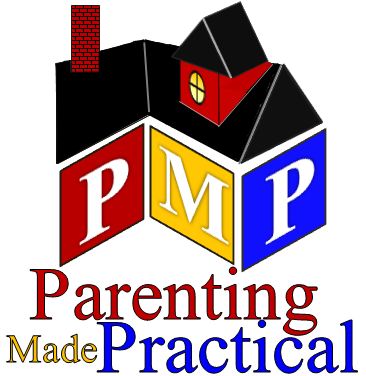By Joey & Carla Link
November 18, 2020

Carla used to walk our son back and forth to school. One day she realized when she picked him up after school and asked him how his day was, he never had anything positive to say. When he was in 2nd grade, about 7 yrs. old, she told him he couldn’t say anything bad that happened at school that day until he had shared 3 good things. Once he had shared 3 good things, he could share 3 bad things but had to share 3 more good things to share more than 3 bad ones. She would smile in her heart when he would say “These are the 3 good things that happened at school today and now let’s get to the bad.”
Carla had succeeded in her goal of teaching him to look for the good, as when he was especially negative all through his growing up years, we would just look at him and say “3 good things” and he would immediately switch gears.
Thinking of the negative first is inherent in the Choleric and Melancholy temperaments. Telling our son to stop being so negative would have been useless because that was a part of who he was. Working with him to focus instead on the positive, yet give him opportunity to share the negative too was a great way to teach him to look at both sides of the same coin.
Now it’s Thanksgiving time, and everyone is working with their children, both the positive and negative oriented ones to be grateful and thankful for who they are and what they have and get to do. Even kids who are positive oriented can be ungrateful.
How do you do this?
1.Say something positive vs. negative. We decided to do the same thing at dinner for the benefit of our Melancholy daughter. Our son would tell his father the positive first when he asked him how his day had been. Because it is so much easier to be negative, parents need to train their kids to be positive.
2.Focus on the less fortunate: We highly recommend finding ways to help your kids think about how they can give to those who have less than they do.
Have your kids/teens do extra “not normally done” chores and pay them for them. Don’t tell them how much you will pay for each chore. When they are finished, give them a lump sum to spend on a special family night. Be sure to praise them and tell them they got extra if they did their chores cheerfully! Go out for pizza and go shopping for coats, hats, gloves and scarves (this year do it online). Your kids should be able to pick out a hat and scarf with the money they have earned plus one toy. Take them to your local homeless shelter so they can donate them to the kids who live there.
3.Love others in the family.Galatians 5:14-15 says the entire Bible is summed up in one command:
“Love your neighbor as yourself. If you bite and devour each other, watch out or you will be destroyed by each other.”
Do your kids verbally bite and devour each other? Allowing this destroys the positive family identity you have been trying to build. One reason it continues in families is because parents verbally remind or lecture when they hear it, but they don’t give a consequence for it. Losing the freedom to speak is the best consequence when your kids aren’t using their words wisely. For kids 6 yrs. – 9 yrs. we would start with 15 minutes. For the 2nd offense double it and so on. For kids 10 yrs. and up we would start with 30 minutes and double it from there.
Requiring them to speak kindly and nicely in non-sarcastic ways to each other is foundational to them thinking positively about and loving each other.
“If you love someone, you will be loyal to him no matter what the cost. You will always believe in him, always expect the best of him, and always stand your ground in defending him.” I Corinthians 13:7 (LB)
“Love” Is a verb that shows an action. Just saying it is not enough. Teach your kids they need to show others they love them.· Are your kids loyal to each other no matter what?· Do they believe in each other?· Do they defend each other?
